The Hungarian military's recent order for ZENON technology over the next two years reinforces the military's confidence in the company's systems to protect its troops from any form of water contamination
Published:
16 September 2004 y., Thursday
The Hungarian military's recent order for ZENON technology over the next two years reinforces the military's confidence in the company's systems to protect its troops from any form of water contamination. Hungary's military has been using ZENON's military drinking water units since 1998, including the Mini ROWPU (Manually-Transportable Reverse Osmosis Water Purification Unit) and the ADROWPU (Advanced Double Pass Reverse Osmosis Water Purification Unit).
Since joining NATO in 1999, Hungary's Ground Forces put ZENON's military units to the test in places such as Kosovo, where its military formed part of the International Peace Implementation Force. Their satisfaction with the systems resulted in a breakthrough order for ZENON's Hungarian plant to supply additional ADROWPUs, Mini-ROWPUs and water bagging machines, with a total order value of approximately $11 million CAD.
Unlike most water filtration installations, military relief operations are often deployed to locations with minimal to nonexistent municipal infrastructure; they can be deployed anywhere there's a need. In the majority of cases, military personnel aren't fully aware of the quality of the raw water source. Upon arrival at their destination, their equipment must be quickly mobilized, simple to operate, easy to support and most importantly provide a continuous supply of safe drinking water.
Šaltinis:
PRNewswire-FirstCall
Copying, publishing, announcing any information from the News.lt portal without written permission of News.lt editorial office is prohibited.
The most popular articles

The European Commission announced today the award of three of the six contracts for the procurement of Galileo’s initial operational capability.
more »
 South Korea is pushing forward with a plan to completely digitize its classrooms by 2015.
more »
South Korea is pushing forward with a plan to completely digitize its classrooms by 2015.
more »
 A blood test that determines the length of telomeres, the protective caps at the ends of chromosomes that wear down as we get old, are now on sale to the public. The researchers who developed the test say it will allow people to get a sense of how fast they are ageing.
more »
A blood test that determines the length of telomeres, the protective caps at the ends of chromosomes that wear down as we get old, are now on sale to the public. The researchers who developed the test say it will allow people to get a sense of how fast they are ageing.
more »
 On the windswept high plains of Bolivia, an energy revolution is under way. Small communities, never connected to the power grid, now have access to electric power for the first time through solar and wind power systems, introduced one village at a time by engineers at a Cochambama University.
more »
On the windswept high plains of Bolivia, an energy revolution is under way. Small communities, never connected to the power grid, now have access to electric power for the first time through solar and wind power systems, introduced one village at a time by engineers at a Cochambama University.
more »
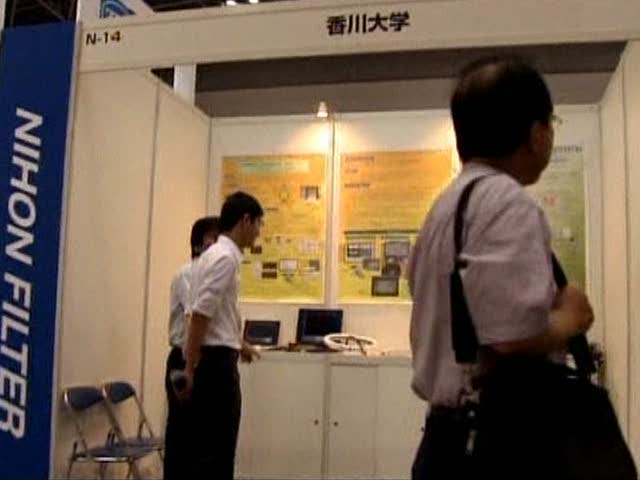 A robotic mouth may not seem like a must-have accessory for your robotic workforce but Japanese researchers say that future human-robot communications may well depend on such devices. The mouth was just one of many robotic innovations on display at this year's Robotech expo in Tokyo.
more »
A robotic mouth may not seem like a must-have accessory for your robotic workforce but Japanese researchers say that future human-robot communications may well depend on such devices. The mouth was just one of many robotic innovations on display at this year's Robotech expo in Tokyo.
more »
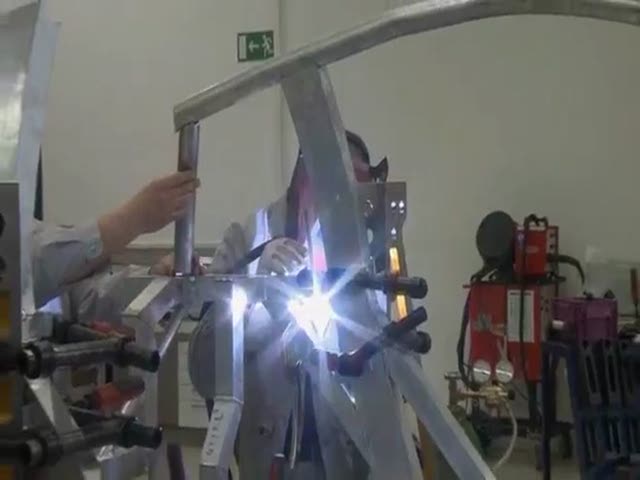 Scientists from Munich's Technical University will be joining the world's major car manufacturers at the Frankfurt Auto Show later this year, with an electric vehicle they have designed and built themselves.
more »
Scientists from Munich's Technical University will be joining the world's major car manufacturers at the Frankfurt Auto Show later this year, with an electric vehicle they have designed and built themselves.
more »
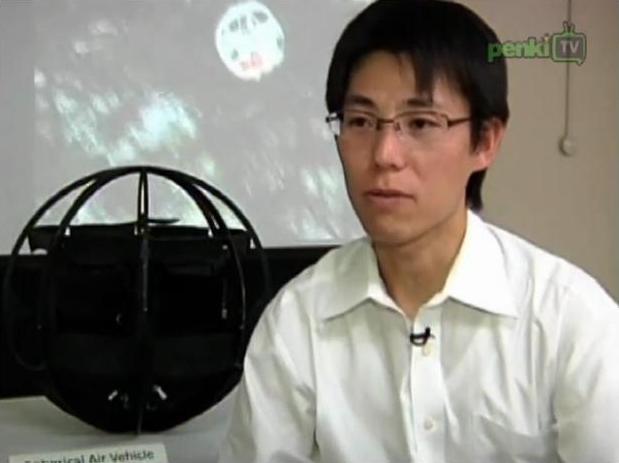 Researchers from Japan's Ministry of Defense have developed an unmanned aerial vehicle with a difference.
more »
Researchers from Japan's Ministry of Defense have developed an unmanned aerial vehicle with a difference.
more »
 An Israeli company hopes to revolutionize the green solutions market with solar windows that combine electricity production, energy reduction and transparent design.
more »
An Israeli company hopes to revolutionize the green solutions market with solar windows that combine electricity production, energy reduction and transparent design.
more »
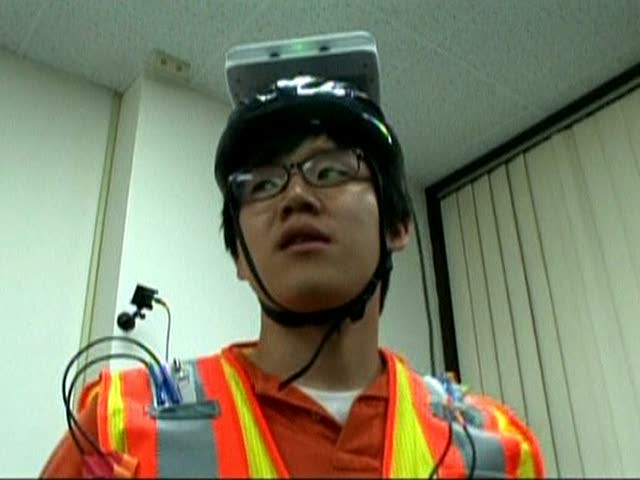 Guide dogs and white canes have, for years, helped the blind and visually impaired navigate the world around them but soon, technology may also have an important part to play.
more »
Guide dogs and white canes have, for years, helped the blind and visually impaired navigate the world around them but soon, technology may also have an important part to play.
more »
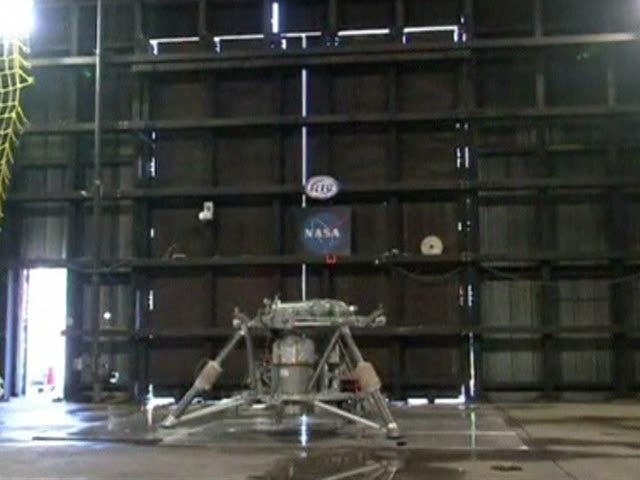 Infrared video released by US space agency, NASA, shows how future robotic landers might hover and land autonomously on asteroids or lunar surfaces. The agency has been testing the compact vehicles for missions to airless environments where parachutes will not work.
more »
Infrared video released by US space agency, NASA, shows how future robotic landers might hover and land autonomously on asteroids or lunar surfaces. The agency has been testing the compact vehicles for missions to airless environments where parachutes will not work.
more »
 Small fin-propelled robots may soon be plunging in to the depths of the human body, helping patients find checkups easier to stomach.
more »
Small fin-propelled robots may soon be plunging in to the depths of the human body, helping patients find checkups easier to stomach.
more »